Merete BJERREGARD : the tools exist at th Council of Europe
Expert of the Division of Human Rights of the Council of Europe, Merete BJEREGAARD recalled the growing awareness of a link between environment and human rights in major international texts, particularly those of the Council of Europe in recent years.
The concept of the right to a healthy environment goes back to the Stockholm Conference in 1972, the first UN conference on the environment, she said, followed by a reference to climate in the European Declaration of Human Rights 2009.
However, she adds, any undertaking requires, to be implemented, a "monitoring". But the Council of Europe has a unique monitoring tool, that of the European Court of Human Rights. Despite the lack of explicit reference to the right to a healthy and sustainable environment, the Court uses the clauses relating to environmental causes
In addition, the European Court of Human Rights considers that the European Convention on Human Rights is a "living" tool to be adapted to the times we are in. The case law on the environment is, therefore, constantly changing.
Useful guiding principles for the implementation of environmental policies
It would be possible to highlight the guiding principles for all levels of governance, civil society and all citizens, from
- the Social Charter implementation by the European Committee of Social Rights which deals with the climate in Article 11 ,
- the recommendation of PACE 2003 and 2009 on the right to a healthy environment,
- the Manual on Environment and Human Rights of 2003 revised in 2010 by the Steering Committee of Human Rights. Such a tool could provide guidance to States in the drafting of policies and environmental measures including climate. It provides relevant principles from case law and requests made under the Social Charter. It refers to good national practice
It is urgent to take action on climate Mrs BJERREGAARD said: the Council of Europe has unique tools for this. They can be developed and brought to the attention of all stakeholders, the Manual is one of them!
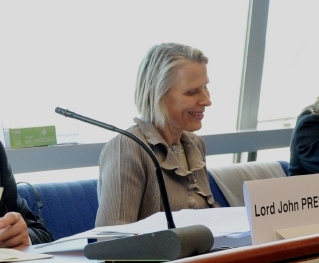
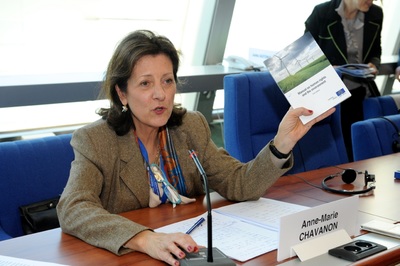
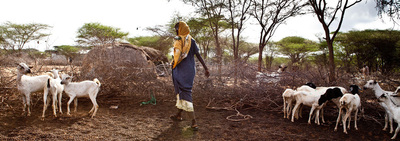
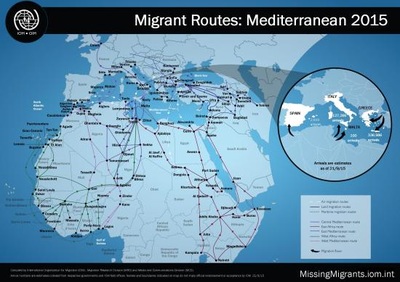


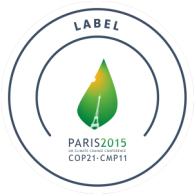
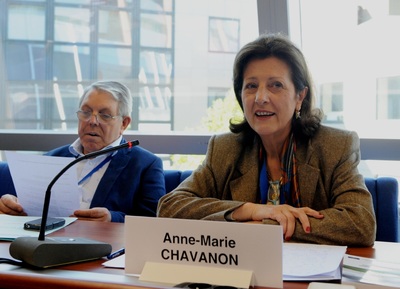
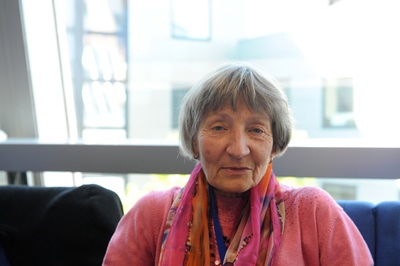
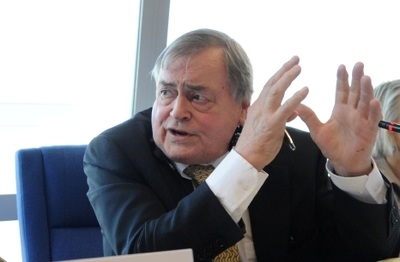
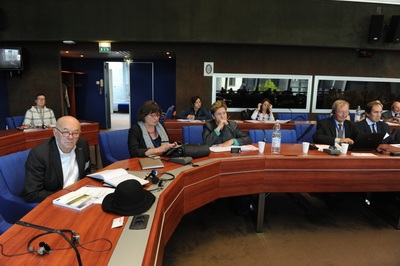
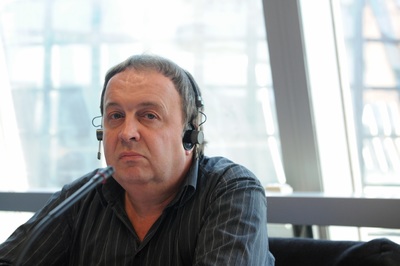
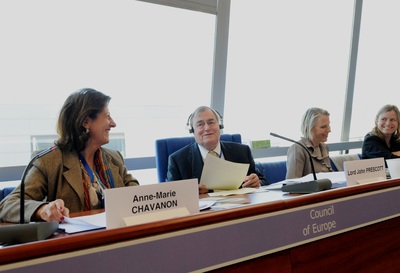
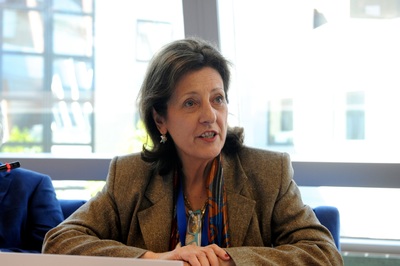
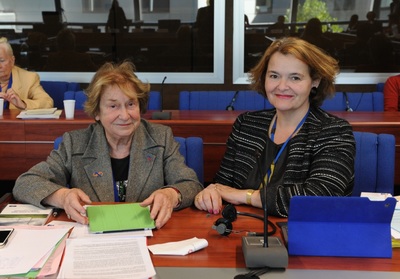
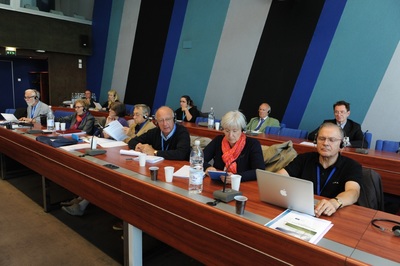

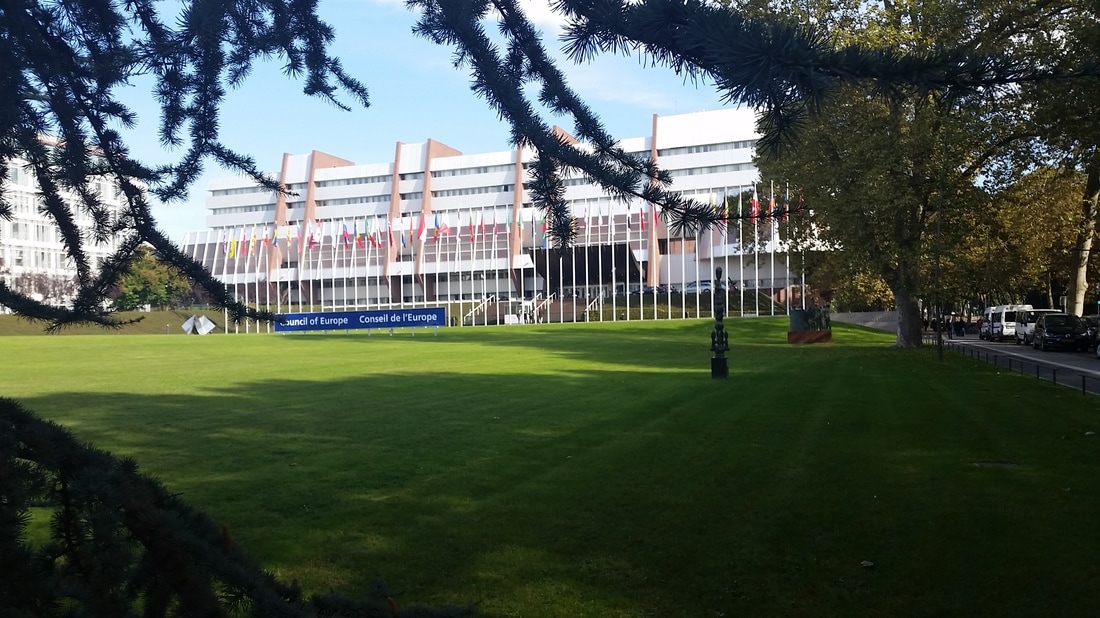
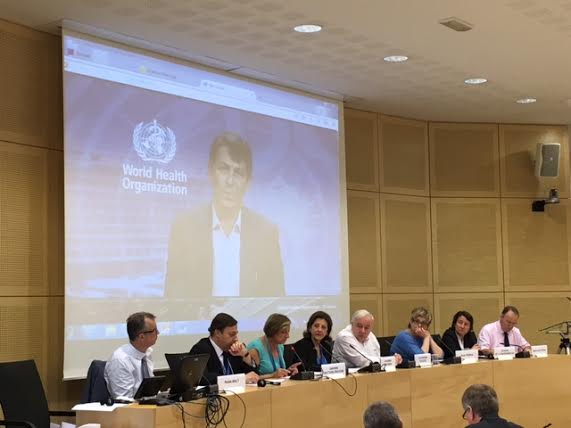
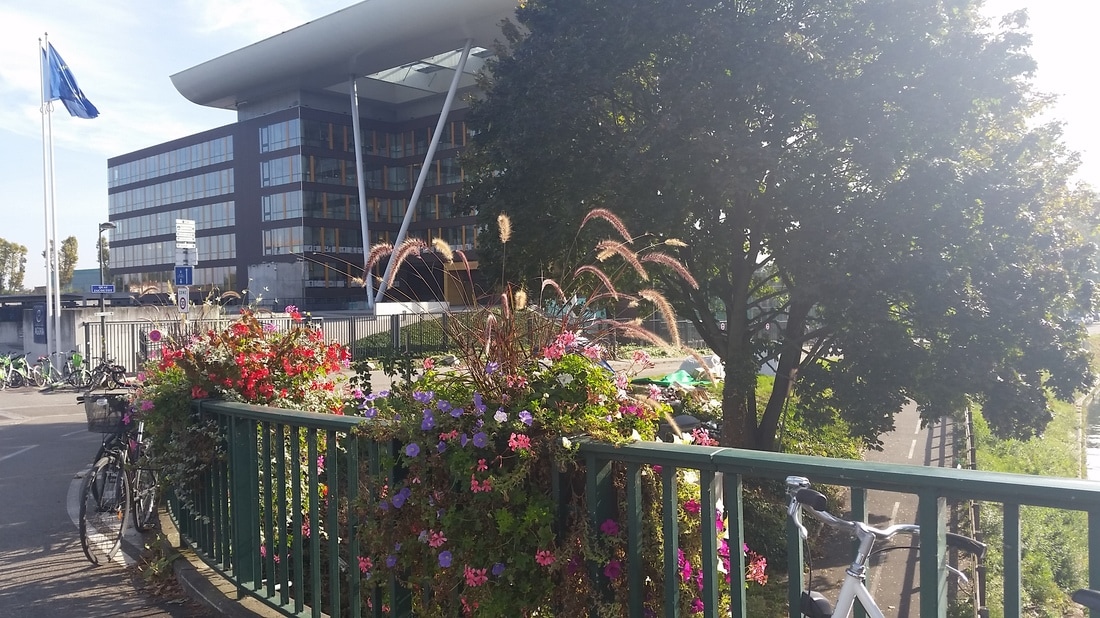

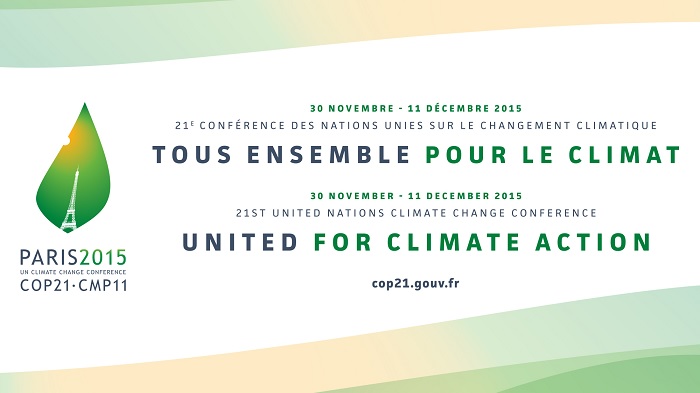
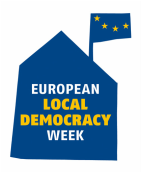
 RSS Feed
RSS Feed